After reducing diesel consumption by installing a photovoltaic system, the hotel boat Untamed Amazon It must eliminate fossil fuel consumption and use only the Sun's energy to supply its electrical grid. The measures that will be adopted will result in a payback period of five years.
According to Junglers Marié Agência de Viagens, a company in the Untamed Angling do Brasil group and owner of the boat, this will be possible through the exchange of 94 260 Wp solar panels, which generate between 85 and 104 kWh/day, for higher bifacial modules. capacity. With this, it is estimated that the system will triple its energy generation.
According to the company, in 2015, in the vessel's first year of operation, when the photovoltaic system had not yet been installed and the electrical equipment was supplied by a diesel generator, more than 28 thousand liters of diesel were consumed to fuel its vessel. electrical network.
In 2016, after the installation of the photovoltaic kit, designed to integrate solar generation with diesel generation, consumption fell to approximately 15 thousand liters per year.
According to Antonio Salles, Partner at Junglers, the objective of having the network supplied only by photovoltaic sources is part of the company's commitment to indigenous communities.
“Our main commitment is to preserve the forest and rivers, the indigenous environments that allowed our presence there. Thus, with solar energy we avoid the use of diesel oil to drive the electric generator. Without leaving diesel residue in the water and air”, highlighted Salles.
Changing batteries
Two weeks ago, the vessel had its lead acid battery pack, which collapsed last year due to the region's humid and hot environment, replaced with lithium batteries. The exchange was carried out by the company ION Energia.
The batteries used, model B-Box 13.8 kW, are manufactured by BYD and are compatible with the inverter system and other installed system components. In total, there are five 13.8 kWh modules with a nominal voltage of 51.2 Vdc and an operating range between 40 Vdc and 56.5 Vdc.
“Batteries have a very efficient management system known as BMS (Battery Management System), which is responsible for managing each battery module at a cellular level regarding its operating temperature, current, and other fundamental parameters for the perfect functioning of the system. ”, explains Marcelo Taborda, commercial manager at BYD Energy do Brasil.
With the battery change, it was also necessary to change the controller charger system for a set of five Victron MPPT 150/85 units and one Victron MPPT 150/35 unit. The inverters/chargers, including three 10kVA Victron Quattro units, remain original.
“We fell in love with the project and formed a partnership with the owner Antônio to maintain and monitor the system. We renovated the system, using exclusively Victron equipment, fixed the inverters that were not working and automated the system, upgraded to lithium batteries, which improved the boat's performance”, says Paulo Baraldi, director of ION Energia, the representative company from Victron since 2015 in Brazil.
Baraldi also states that a controller was installed that allows remote monitoring of the system's operation, as the equipment has a 3G internet connection. This way, even while sailing, the boat is connected and monitored.
“The project was automated with greater autonomy, where you can see the system’s operating windows. For example, when guests are sleeping, the combustion system does not work, only the battery system”, explains Baraldi.
“Engineer Gustavo Rocha, responsible for the project, monitors the boat remotely and with this we are able to identify errors. So, from Votorantin, where the company is located, we monitor the system to check if it is working properly and if there are errors, we can change the programming windows. All this remotely”, he adds.
But the main benefit can be assessed by the reduction in emissions of 50 tons of carbon dioxide (CO₂) per year, which is equivalent to planting one tree per day to neutralize it.
In addition to a photovoltaic system, the vessel has modern water filtration, sewage and waste treatment systems.
Tourism and sustainability
The Untamed Amazon hotel boat was built in 2015 at the Juruá shipyard in Manaus (AM), with financing from BASA (Banco da Amazônia), to meet the operational needs of the Sport Fishing Project on the Marié River, a tributary of the Rio Negro in the region of São Gabriel da Cacheira in the far west of the state of Amazonas, in partnership with ACIBRN (Association of Indigenous Communities of Lower Rio Negro).
The vessel, 28 meters long by 7.80 meters wide and 6 meters high above the waterline, has eight suites and accommodates up to 16 guests.
All of its facilities have a central air conditioning system powered by two cold water generators with a capacity of 15.0 TR each, while the engine room, laundry room and water treatment plant room have ventilation and forced exhaust systems producing 60 air changes per hour.
The water treatment system captures raw water from the river and supplies all consumption points with clean, drinkable water. The system is made up of several stages, goes through three different filtration processes and three complementary purification and disinfection processes. The total treatment capacity is 450 to 500 liters per hour.
Sport Fishing Project on the Marié River
The Marié River Project included the participation of Ibama, the Instituto Socioambiental, Funai and representatives of 15 indigenous communities.
Boats were purchased and three surveillance posts were built, where indigenous people earn a minimum wage to look after the Marié River, in addition to serving as guides on fishing boats.
“We make indigenous people our partners in all projects. They make decisions with us equally. And 50% of the profit from each project is theirs. And an indigenous committee decides how to distribute and apply these resources”, says Salles.

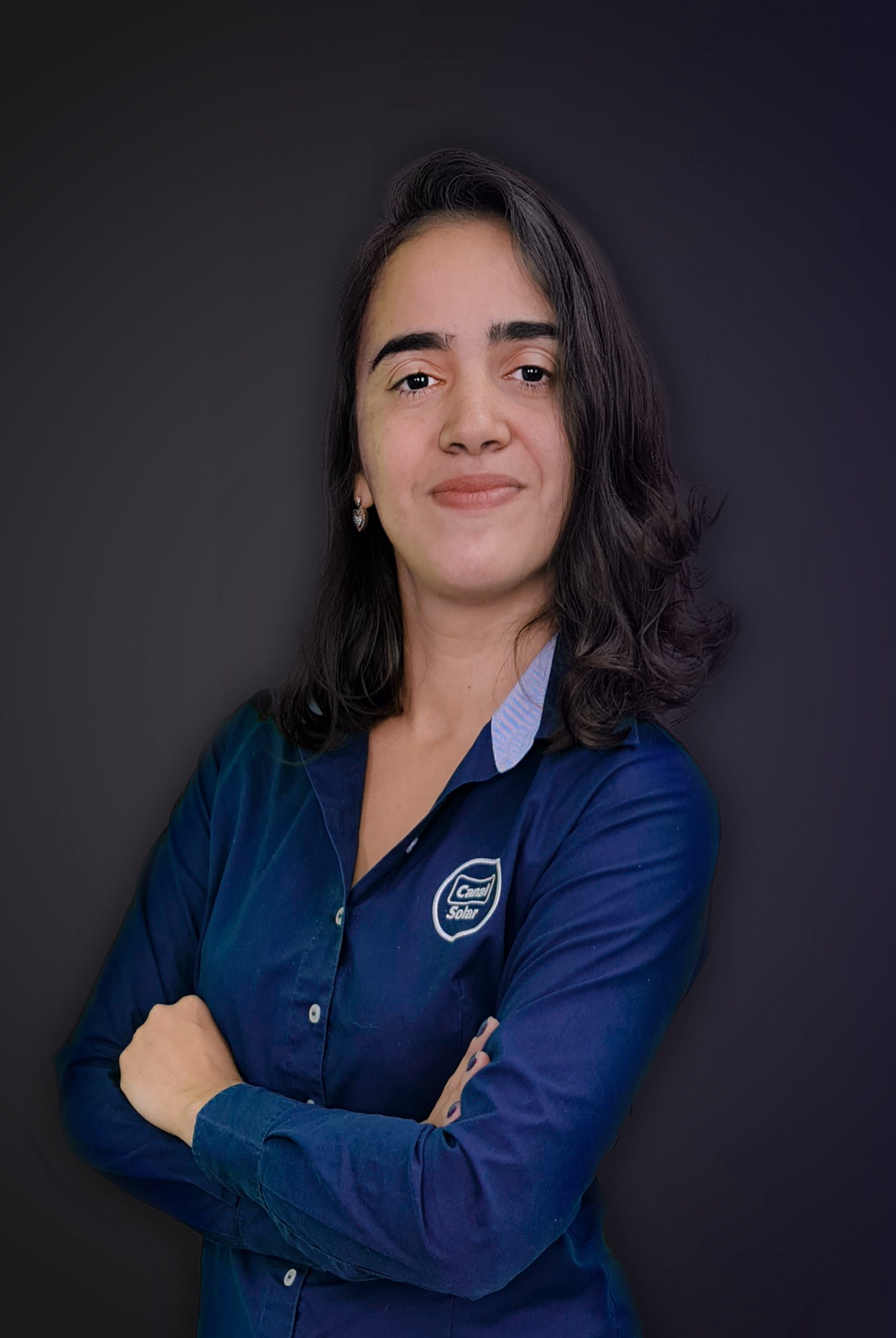
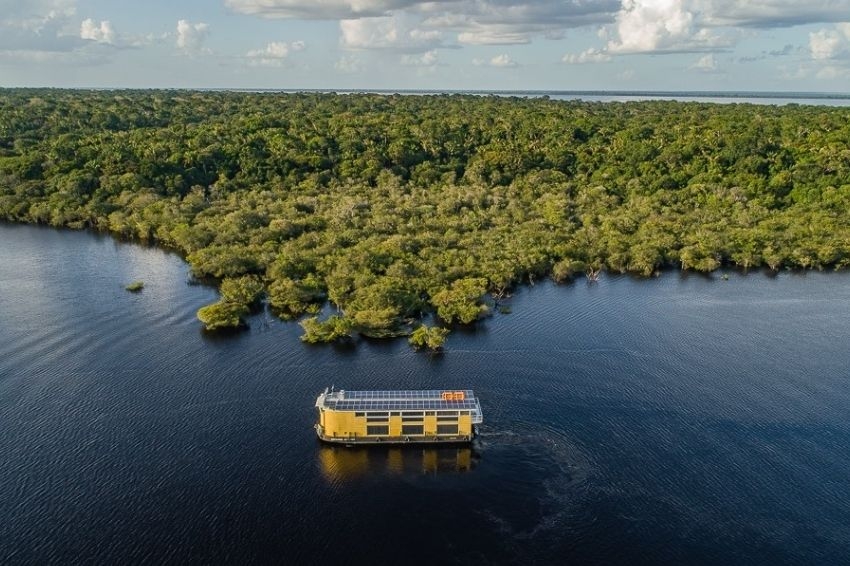









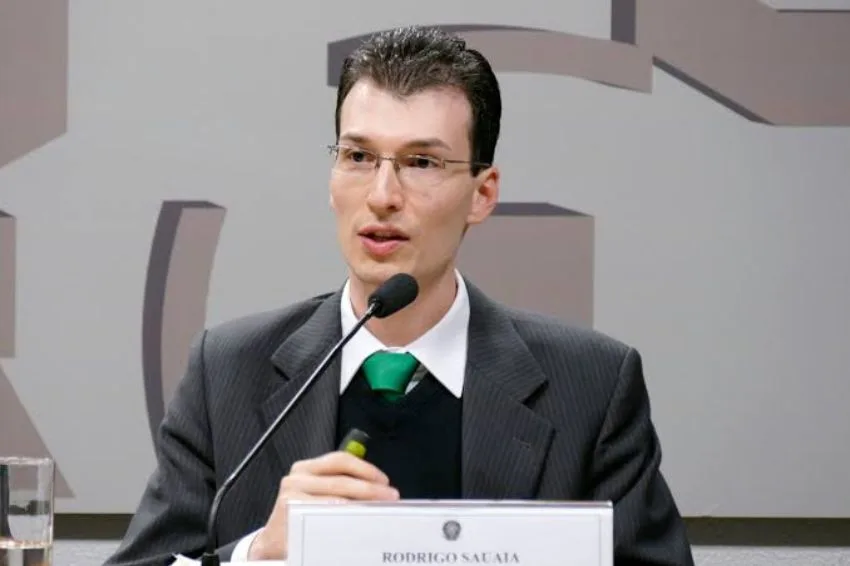
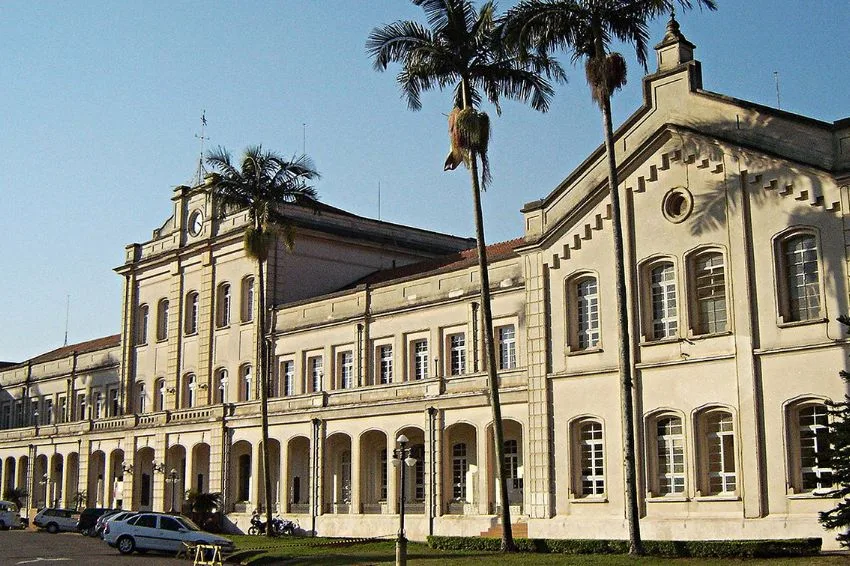
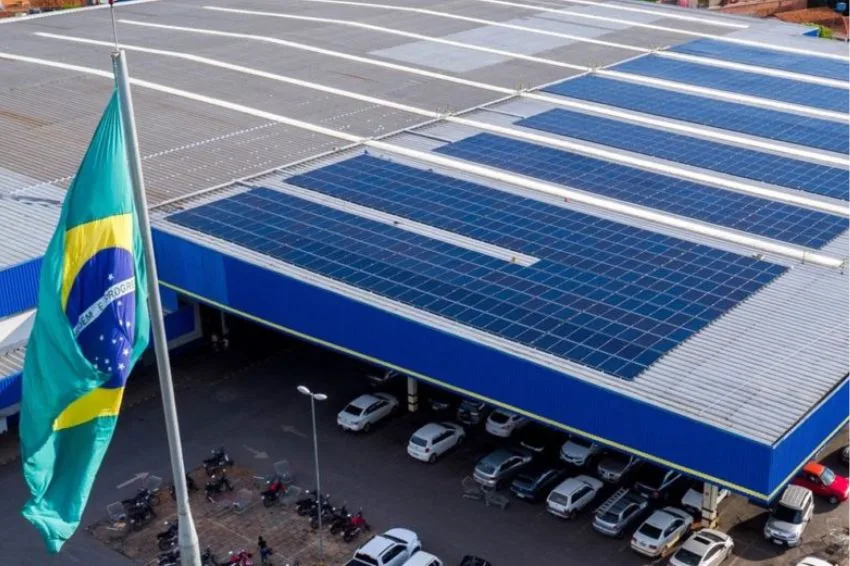







One Response
Excellent report, congratulations on the information provided. How do I talk to engineer Gustavo Rocha about this project, as we want to design a boat powered by electricity coming from solar energy from the nacres on the island of Marajó? My email: [email protected]